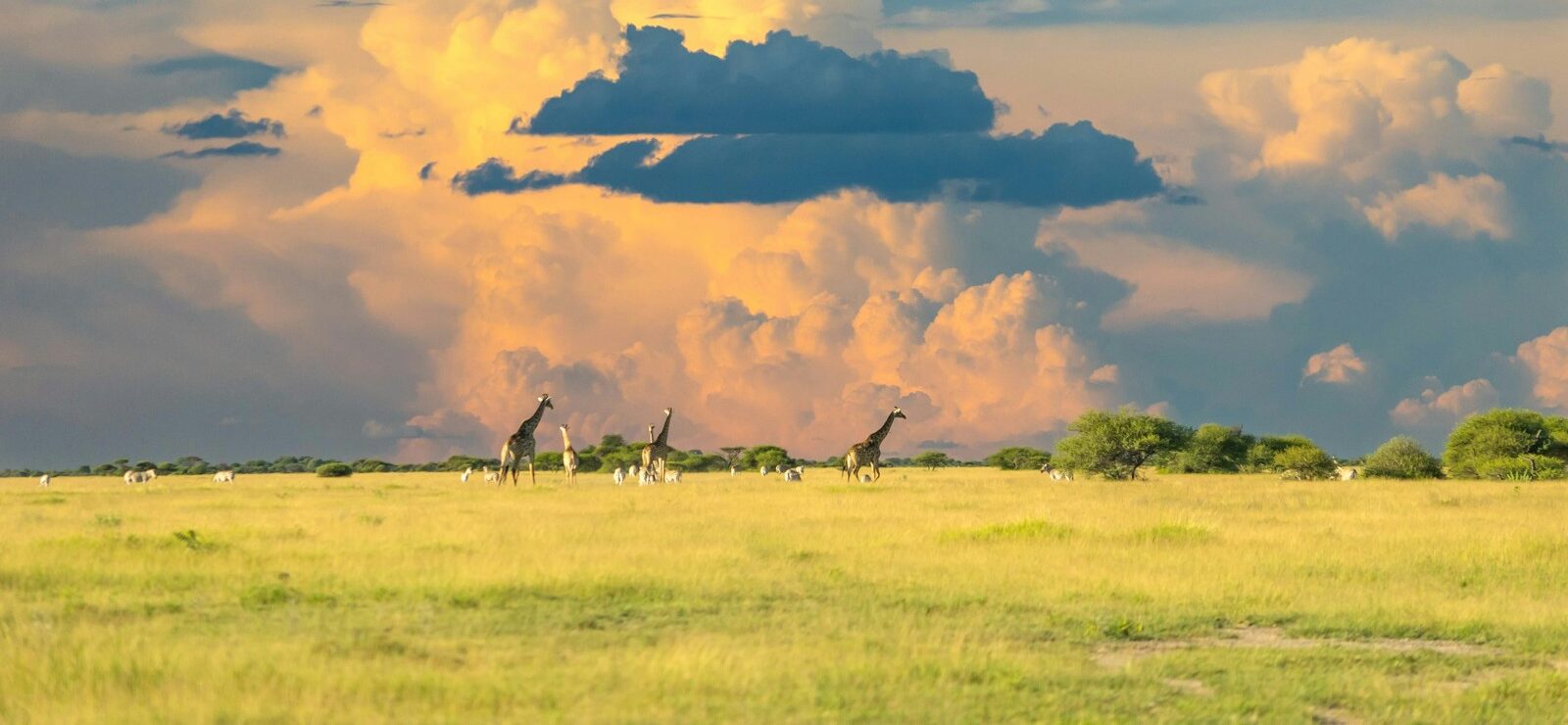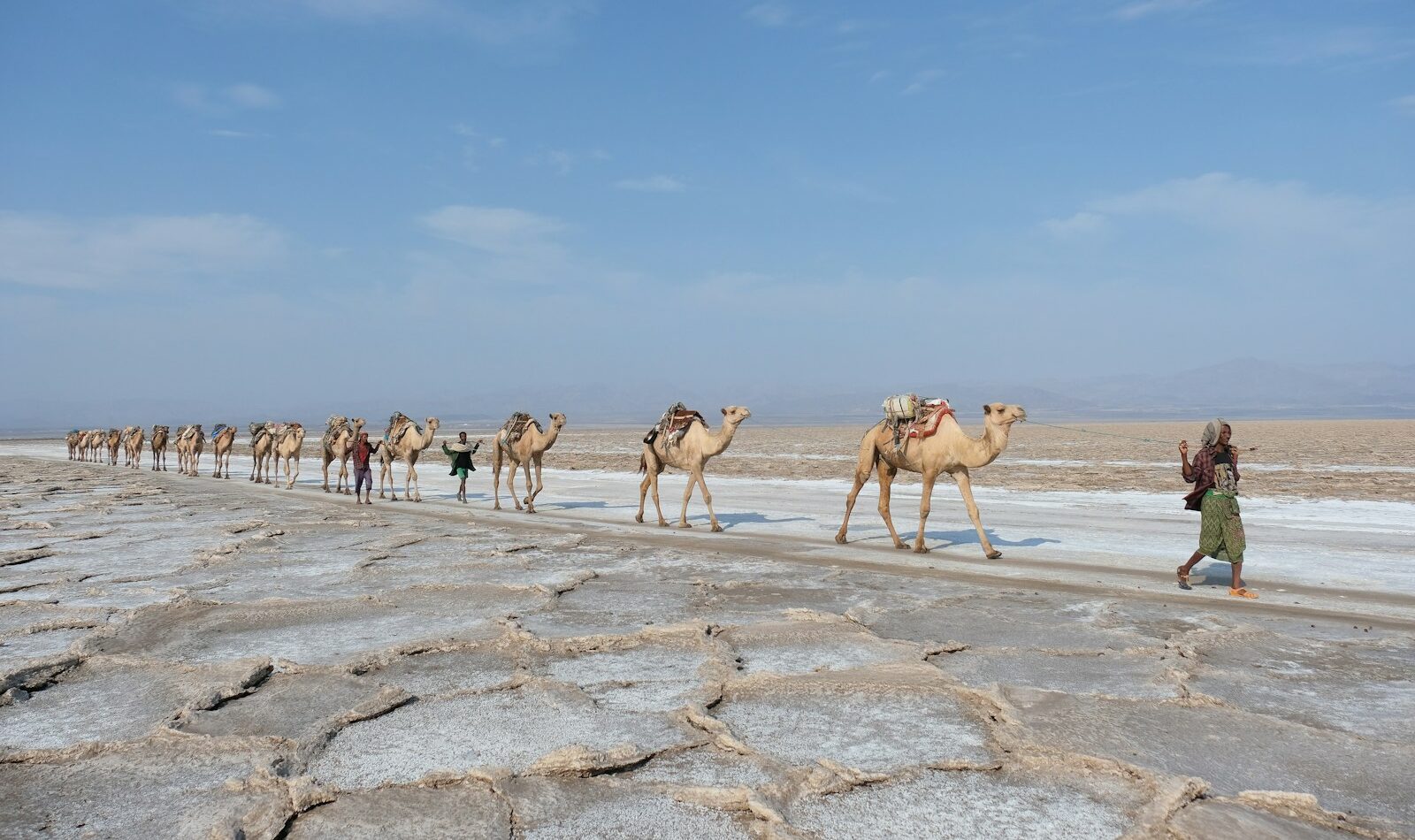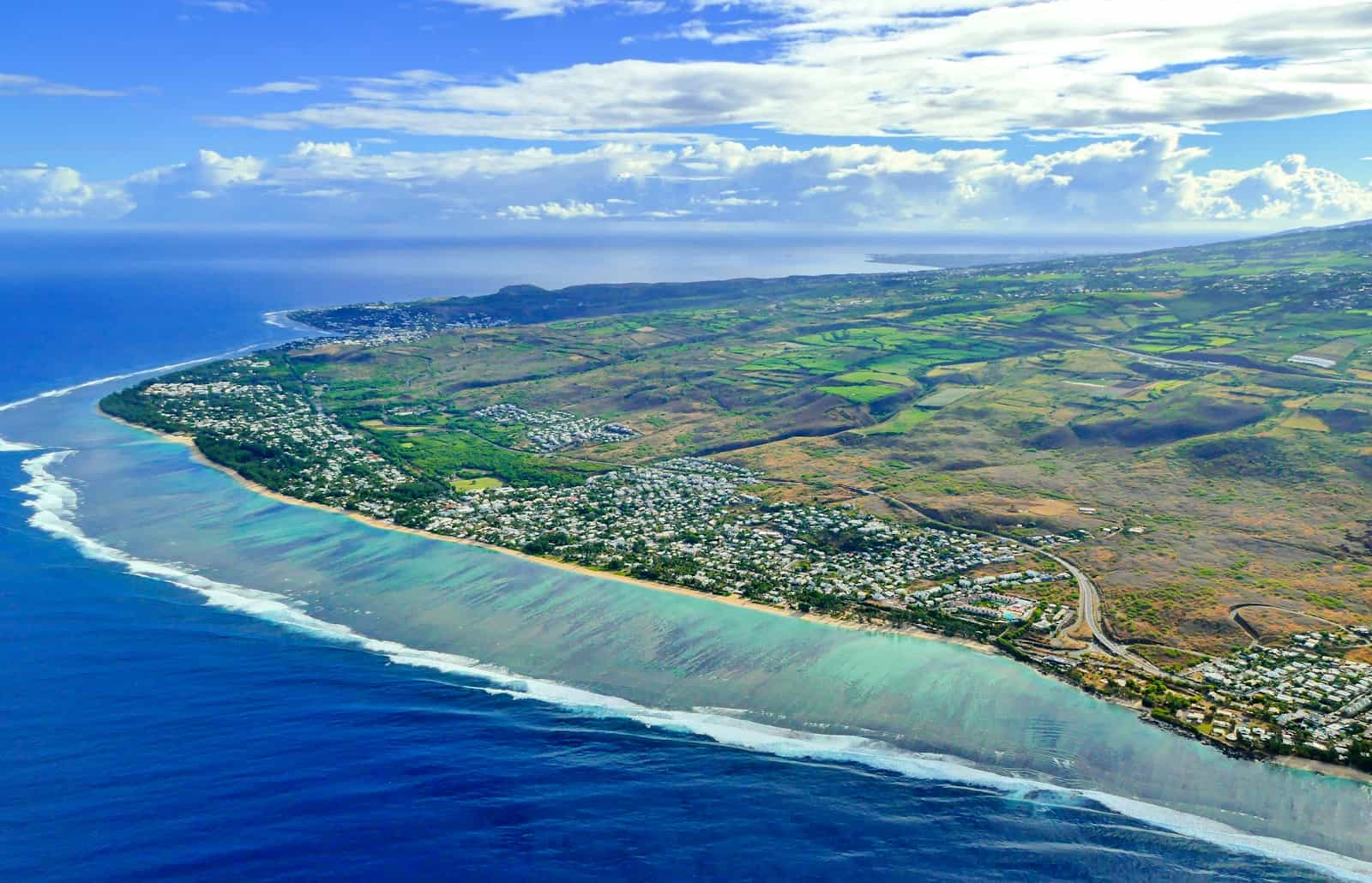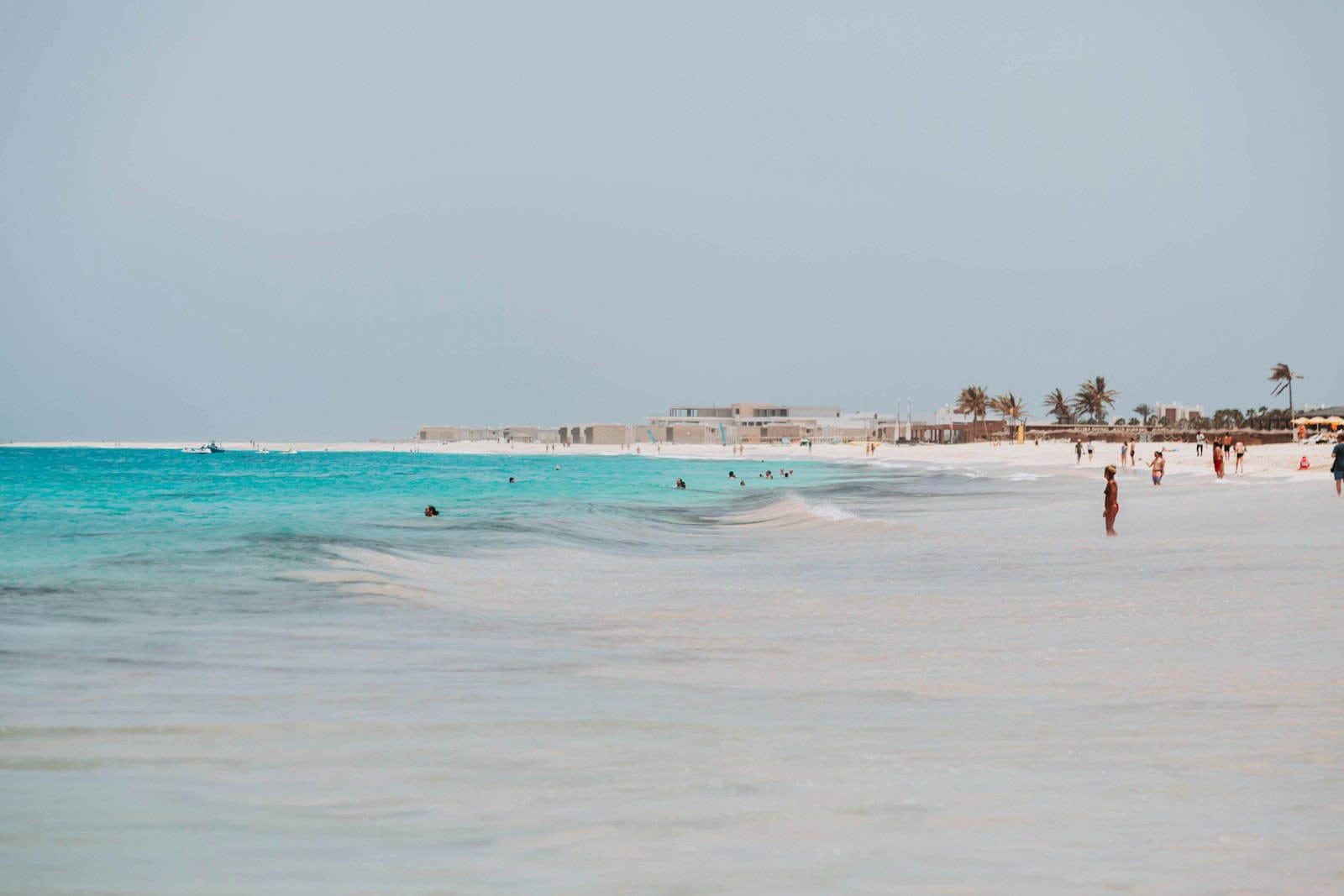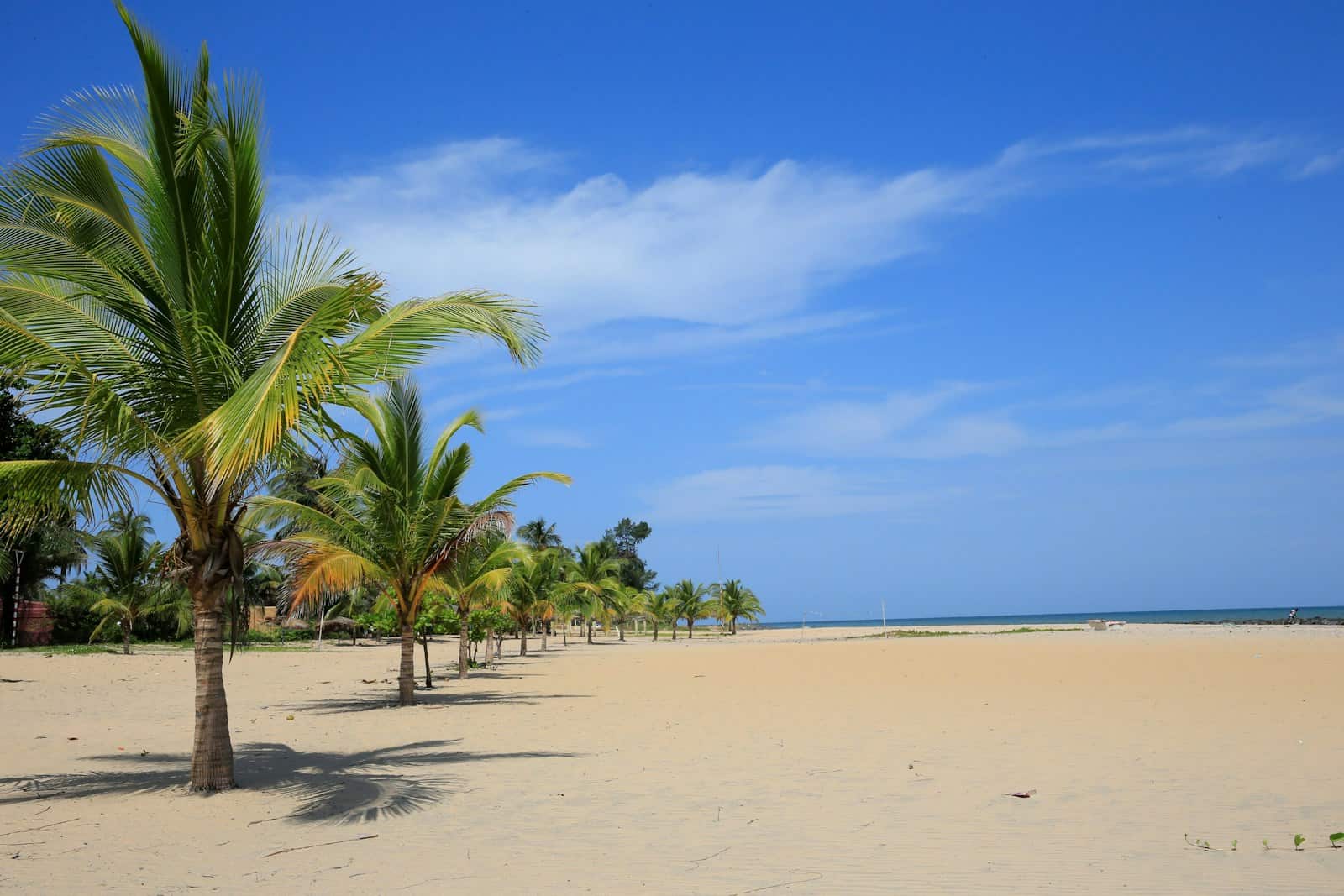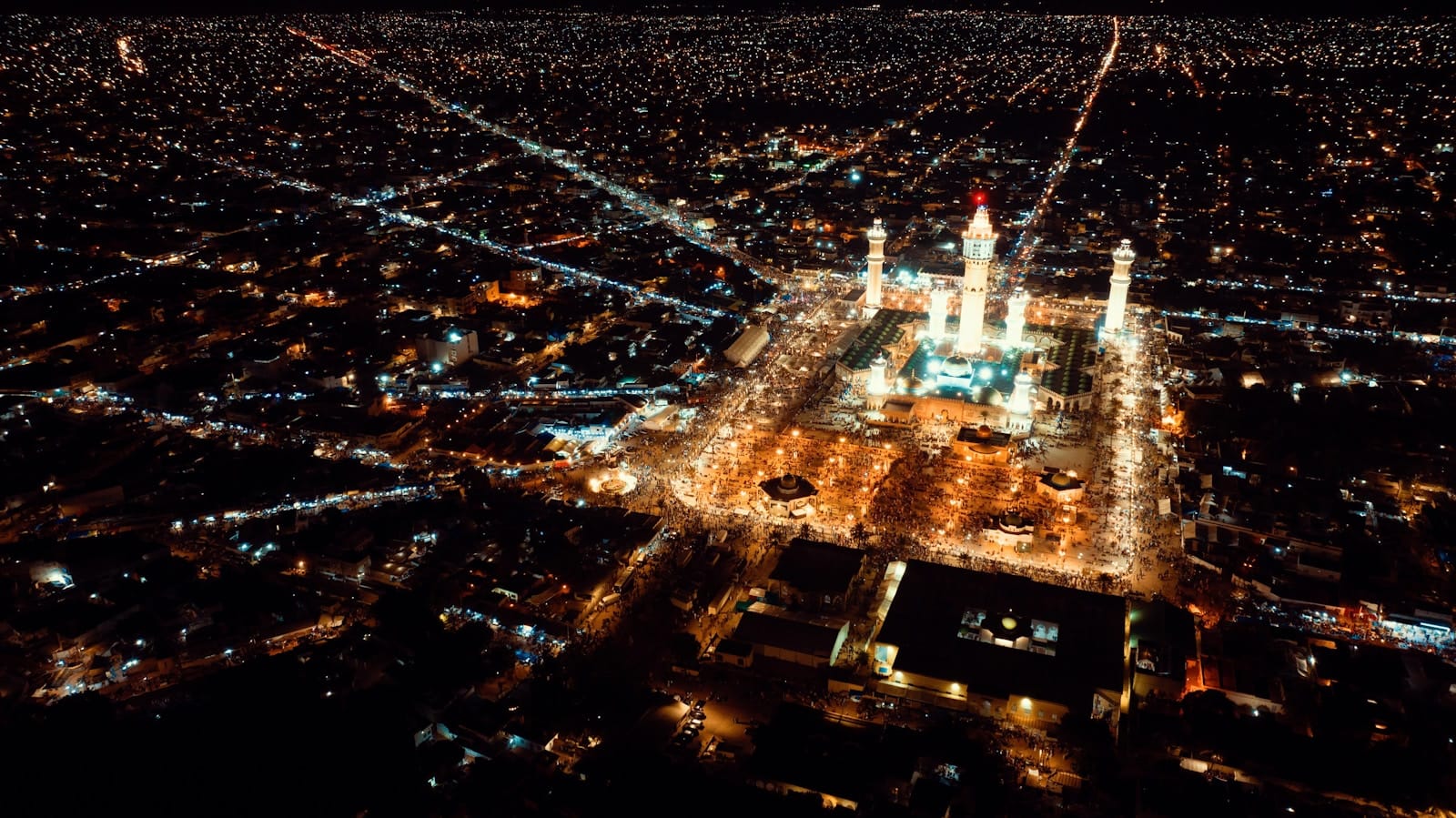Planning Côte d’Ivoire: Routes, Regions, Access
Côte d’Ivoire, also known as Ivory Coast, is one of West Africa’s most dynamic countries — a land of golden beaches, lively cities, cocoa plantations, sacred forests, and colorful festivals. From Abidjan’s skyscrapers and lagoon-side nightlife to the UNESCO-listed basilica of Yamoussoukro and the cultural rhythms of Man, the nation blends modern energy with deep tradition. Travelers will find vibrant markets, drumming ceremonies, colonial heritage, and national parks teeming with elephants and chimpanzees. This Côte d’Ivoire travel guide will help you explore its regions, culture, and experiences with confidence.
For a seamless trip, browse top-rated Côte d’Ivoire tours and curated activities that highlight the best things to do across the country.
Where to Go in Côte d’Ivoire
Abidjan | Assinie | Bassam | Bouaké | Grand-Bassam | Korhogo | Man | San Pédro | Sassandra | Yamoussoukro
Exploring Côte d’Ivoire by Region – Where to Go
Abidjan and the South Coast
Abidjan, the economic capital, is the beating heart of Côte d’Ivoire. Nicknamed the “Paris of West Africa,” it dazzles with skyscrapers, a lagoon setting, and a lively arts scene. Visitors can explore the Plateau business district, the chic Cocody neighborhood, and the Treichville markets. Along the southern coast, Grand-Bassam (a UNESCO World Heritage Site) offers colonial architecture and sandy beaches.
- Abidjan – A hub of nightlife, shopping, and art. The National Museum highlights Ivorian heritage, while St. Paul’s Cathedral is a striking modern landmark.
- Grand-Bassam – Once the French colonial capital, today it’s a mix of restored buildings, artisan workshops, and beach resorts.
- Assinie – A coastal retreat popular for weekend getaways, known for water sports, beach clubs, and lagoon-side villas.
Central Côte d’Ivoire
This region balances cultural landmarks with agricultural heartlands. Yamoussoukro, the political capital, is home to the monumental Basilica of Our Lady of Peace — one of the largest churches in the world. The surrounding countryside is filled with cocoa and coffee farms.
- Yamoussoukro – Beyond the basilica, the city offers a presidential palace with its crocodile moat and wide boulevards lined with palm trees.
- Bouaké – A major trading city, known for its crafts market, kente cloth, and traditional performances.
Western Highlands
The west is known for dramatic mountains, waterfalls, and cultural festivals. Man, often called the “City of 18 Mountains,” is a gateway to forested highlands and masked dance traditions.
- Man – Famous for its waterfalls, sacred forests, and colorful Dan mask dances.
- Mount Tonkoui – The country’s second-highest peak, offering hiking and panoramic views.
- Biankouma – A stronghold of traditional culture, known for vibrant festivals.
Northern Côte d’Ivoire
The north is drier and home to savannah landscapes, Baoulé traditions, and the gateway city of Korhogo.
- Korhogo – A cultural hub of the Senufo people, known for craft villages producing textiles, wood carvings, and bronze.
- Comoé National Park – West Africa’s largest protected area, rich with elephants, lions, and diverse ecosystems.
Best Destinations to Visit in Côte d’Ivoire
- Abidjan – A cosmopolitan city with nightlife, cuisine, and culture. Don’t miss the Plateau skyline and Treichville markets.
- Grand-Bassam – Colonial charm meets beach relaxation, perfect for history lovers.
- Yamoussoukro – Visit the Basilica of Our Lady of Peace, a world wonder in scale.
- Man – Discover waterfalls, mountain treks, and cultural festivals.
- Korhogo – Experience traditional crafts and Senufo heritage.
- Taï National Park – A UNESCO-listed rainforest with chimpanzees and rare pygmy hippos.
- Comoé National Park – West Africa’s largest national park, ideal for safari lovers.
- Assinie – Popular with locals for beaches and water sports.
- San Pedro – A port city with fishing villages, cocoa exports, and nearby nature.
- Bouaké – A center of Ivorian culture with artisan markets.
How to Decide Where to Travel in Côte d’Ivoire
- Adventure Travel – Head west to Man for mountain hikes, waterfalls, and forest treks.
- Cultural Immersion – Visit Korhogo and Bouaké for traditional crafts, masked dances, and market life.
- Beaches and Relaxation – Choose Grand-Bassam, Assinie, or San Pedro for coastal escapes.
- Multi-Stop Journeys – Combine Abidjan’s urban life with Yamoussoukro’s basilica, Man’s mountains, and Korhogo’s cultural north for a full-country circuit.
Getting Around Côte d’Ivoire
- Air Travel – Félix Houphouët-Boigny International Airport in Abidjan is the main entry point. Domestic flights connect Abidjan with San Pedro, Korhogo, and Bouaké.
- Bus & Shared Taxis – Reliable intercity buses run from Abidjan to major cities. Shared taxis (“woro-woro”) dominate urban transport.
- Car Rental – Available in Abidjan, though road conditions vary. A driver familiar with local routes is advisable.
- Rail – The Abidjan–Ouagadougou railway is historic, though limited in passenger service.
- Ferries & Boats – In Abidjan, lagoon boats provide scenic local transport.
Travel Budget and Costs
- Budget Travelers – $30–50 per day. Street food, hostels, and shared taxis keep costs low.
- Mid-Range – $70–120 per day. Comfortable hotels, domestic flights, and guided day tours fit this range.
- Luxury – $200+ per day. Boutique resorts in Assinie, chauffeur-driven cars, and private guides provide upscale experiences.
Best Time to Visit Côte d’Ivoire
- Dry Season (November–March) – The most comfortable time, with cooler temperatures and major festivals. Ideal for safaris and outdoor adventures.
- Short Rainy Season (April–June) – Lush landscapes return; some travel disruption possible.
- Long Rainy Season (May–October in the south) – Heavy rains in June–July; best avoided for coastal trips.
- Harmattan Season (December–February in the north) – Dry winds bring dusty skies but also cooler nights.
Festivals & Events in Côte d’Ivoire
- Fêtes des Masques (Man) – A colorful festival of Dan masks and dances, celebrating harvest and spiritual traditions.
- Yamoussoukro Basilica Pilgrimage – Annual Catholic gatherings at the basilica.
- Bouaké Carnival – A lively event with parades, costumes, and music.
- Abissa Festival (Grand-Bassam) – A traditional Nzema celebration with dance, satire, and reconciliation.
- Cacao Festival (San Pedro) – Honors the cocoa crop with tastings and cultural performances.
Must-Do Experiences in Côte d’Ivoire
- Explore Abidjan’s Lagoon – Take a boat ride at sunset, passing bridges and modern towers.
- UNESCO Taï National Park – Trek into primary rainforest for rare wildlife sightings.
- Dan Mask Dance in Man – Witness traditional performances rooted in centuries-old beliefs.
- Cultural Villages of Korhogo – Learn textile weaving, bronze casting, and wood carving.
- Grand-Bassam Heritage Walk – Stroll through colonial streets and artisan shops.
- Beach Escape at Assinie – Enjoy water sports, seafood, and lagoon views.
- Safari in Comoé – Spot elephants, antelopes, and monkeys in diverse habitats.
- Visit Yamoussoukro Basilica – Marvel at one of the world’s largest churches.
- Bouaké Market Tour – Shop for textiles, spices, and local crafts.
- Attend the Abissa Festival – Experience dance, satire, and storytelling in Grand-Bassam.
Discover top-rated Côte d’Ivoire tours and explore the best things to do in Côte d’Ivoire — from cultural city walks and food tastings to nature day trips. Book early for flexible options and guaranteed entry. We may earn a commission if you book through our links — at no extra cost to you.
Adventure & Water Activities
- Surfing in Assinie – Breaks along the coast attract both beginners and skilled surfers.
- Kayaking in Abidjan’s Lagoons – Paddle through calm waters with city views.
- Hiking Mount Tonkoui – A rewarding trek with panoramic views over forested highlands.
- Birdwatching in Taï Park – Spot hornbills, turacos, and migratory species.
National Parks & Outdoor Adventures
- Taï National Park – UNESCO-listed rainforest, home to pygmy hippos and chimpanzees.
- Comoé National Park – Savannah and forest mix, offering classic safari landscapes.
- Banco National Park (Abidjan) – A lush urban jungle ideal for nature walks close to the city.
History & Heritage
- Grand-Bassam Colonial Quarter – French-era architecture reflecting Côte d’Ivoire’s colonial past.
- Yamoussoukro Basilica – A monumental symbol of the nation’s Catholic heritage.
- Traditional Villages of the Senufo – Crafts and customs preserved across generations.
- Slave Trade Remnants – Coastal sites reflect the painful history of West African slavery.
Suggested Côte d’Ivoire Itineraries
3-Day Itinerary – Abidjan & Grand-Bassam
- Day 1: Arrive in Abidjan, settle into Cocody or Plateau, and spend the afternoon exploring the skyline and lagoon views. In the evening, visit Treichville’s vibrant market followed by dinner at a local maquis.
- Day 2: Tour Abidjan’s highlights, from St. Paul’s Cathedral to the National Museum. Take a lagoon boat ride before enjoying the city’s nightlife in Zone 4.
- Day 3: Day trip to Grand-Bassam. Stroll its colonial quarter, browse artisan shops, and relax on the beach before returning to Abidjan for departure.
5-Day Itinerary – Adding Yamoussoukro & Assinie
- Day 1–2: Follow the Abidjan itinerary above.
- Day 3: Travel inland to Yamoussoukro. Visit the Basilica of Our Lady of Peace, the crocodile-filled presidential palace moat, and wide boulevards lined with palms.
- Day 4: Head to Assinie for a beach escape. Try water sports, enjoy fresh seafood, and relax by the lagoon.
- Day 5: Return to Abidjan for last-minute shopping in Cocody or Marcory before flying out.
7-Day Itinerary – Mountains, Masks & Culture
- Day 1–3: Follow the 5-day plan through Yamoussoukro and Assinie.
- Day 4: Journey west to Man, the “City of 18 Mountains.” Stop at waterfalls, sacred forests, and enjoy mountain views.
- Day 5: Spend the day experiencing Dan mask dances and cultural villages. Try local food and visit artisan workshops.
- Day 6: Hike Mount Tonkoui for sweeping highland views, then relax in nearby villages.
- Day 7: Return to Abidjan, with an optional evening of live music before departure.
10-Day Itinerary – Full Côte d’Ivoire Circuit
- Day 1–3: Follow the Abidjan and Grand-Bassam plan.
- Day 4–5: Travel inland to Yamoussoukro, then onward to Assinie for beaches and leisure.
- Day 6–7: Explore Man with hikes, waterfalls, and cultural festivals.
- Day 8: Head north to Korhogo, center of Senufo crafts. Visit workshops for weaving, woodcarving, and bronze casting.
- Day 9: Full-day safari in Comoé National Park. Spot elephants, antelopes, and monkeys with a guided tour.
- Day 10: Return to Abidjan for departure, with a final stop at Banco National Park for a short forest walk.
Unique Stays & Accommodations
- Lagoon Villas in Assinie – Luxury retreats with private beaches.
- Boutique Hotels in Abidjan – Chic stays in Cocody with city views.
- Ecolodges near Taï Park – Stay close to nature with guided treks included.
- Homestays in Korhogo – Experience traditional hospitality with Senufo families.
Local Cuisine & Culinary Experiences
- Attiéké – A cassava couscous, often paired with grilled fish.
- Kedjenou – A slow-cooked chicken stew with vegetables, cooked in sealed pots.
- Alloco – Fried plantains, a beloved street snack.
- Peanut Stew (Sauce Arachide) – Rich, savory, and commonly served with rice.
- Food Tours in Abidjan – Explore maquis (local eateries) for authentic flavors.
Staying Safe in Côte d’Ivoire
- Health Precautions – Malaria is common; carry repellent and consult travel clinics.
- Crime & Scams – Petty theft exists in cities; keep valuables secure.
- Road Safety – Road conditions can be poor; avoid night driving outside cities.
- Cultural Respect – Dress modestly in villages; always ask before photographing people.
Final Planning Checklist
- Visa Requirements – E-visas are available for many travelers.
- Vaccinations – Yellow fever vaccination is mandatory; carry proof.
- Currency – West African CFA franc; cash is common outside cities.
- Language – French is official; local languages include Baoulé, Dioula, and Senoufo.
- SIM Cards – Orange and MTN provide reliable mobile data.
- Travel Insurance – Essential for health, theft, and cancellations.
Plan Smarter, Travel Better
A Côte d’Ivoire trip blends modern cities, sacred traditions, and natural wonders. With thoughtful planning, you can enjoy a journey from lively Abidjan to serene rainforests and cultural highlands. This Côte d’Ivoire travel guide gives you the insight to explore safely and deeply.
Continue Your Journey Beyond Côte d’Ivoire
- West Africa – Immerse yourself in the vibrant cultures of West Africa, from the music scenes of Senegal and Nigeria to the historic trading posts along Ghana’s Cape Coast.
- North Africa – Just a short flight away, North Africa offers desert landscapes, ancient cities like Marrakech and Cairo, and the architectural wonders of the Sahara’s edge.
- East Africa – Famous for its wildlife safaris, East Africa invites you to witness the Great Migration in Kenya and Tanzania, explore Uganda’s gorilla treks, or relax on Zanzibar’s spice-scented shores.
- Central Africa – Journey into the heart of Africa for dense rainforests, Congo River adventures, and wildlife encounters in places like Gabon and the Democratic Republic of Congo.
- Southern Africa – A region of dramatic contrasts, Southern Africa boasts Cape Town’s cosmopolitan vibe, Victoria Falls’ natural spectacle, and South Africa’s wine routes and game reserves.
It’s Time to Experience Côte d’Ivoire
Côte d’Ivoire is a nation of contrasts — cosmopolitan skylines and sacred forests, mountain villages and beach resorts, bustling markets and UNESCO wonders. Whether you’re drawn to culture, nature, or relaxation, this is a country that rewards curiosity.
Start planning your Côte d’Ivoire travel guide journey today and experience West Africa at its most vibrant.

